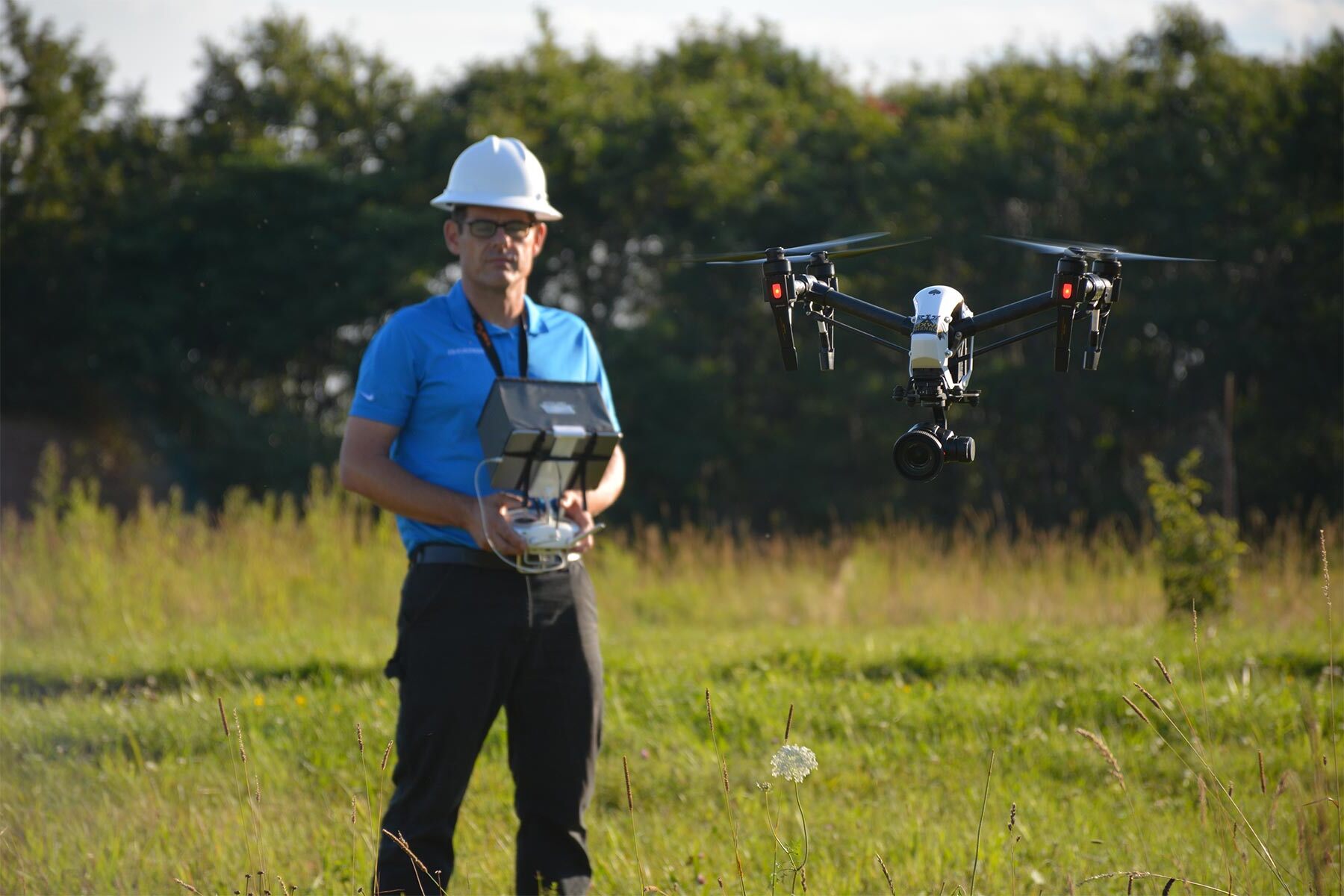
Drones have soared in popularity, transforming from niche gadgets for tech enthusiasts to essential tools across various industries. Behind every drone's flight is a skilled pilot, navigating these sophisticated machines through complex airspaces. Drone pilots possess a unique set of skills, blending technical know-how with sharp reflexes and a deep understanding of aerial regulations. Whether capturing breathtaking aerial photography, assisting in search and rescue missions, or conducting agricultural surveys, their roles are as diverse as they are critical. In this post, we'll unveil 20 intriguing facts about drone pilots, shedding light on the challenges they face, the training they undergo, and the impact they have on the world around us. Get ready to discover what it takes to master the skies through the eyes of a drone pilot.
What Does It Take to Become a Drone Pilot?
Becoming a drone pilot requires more than just owning a drone. Pilots must understand not only the mechanics of flying but also the regulations that govern airspace.
-
Certification is Key: In many countries, pilots must pass an exam to earn a drone pilot certificate. This ensures they understand airspace regulations, safety practices, and privacy concerns.
-
Practice Makes Perfect: Like any skill, proficiency in drone flying comes with practice. Many successful pilots spend hours mastering their flying techniques in various conditions.
The Role of Drone Pilots in Various Industries
Drone pilots are not limited to aerial photography. Their skills are sought after in numerous fields, significantly impacting how businesses operate.
-
Agriculture: Pilots use drones to monitor crop health, irrigation, and to apply pesticides. This precision agriculture can lead to higher crop yields and reduced costs.
-
Search and Rescue: In emergencies, drones can cover large areas quickly, providing live footage to rescue teams and helping to locate missing persons more efficiently than traditional methods.
-
Real Estate: High-quality aerial footage can showcase properties in a unique way, providing potential buyers with a comprehensive view of their investment.
Challenges Faced by Drone Pilots
Despite the growing demand for drone pilots, several challenges can impact their operations.
-
Weather Conditions: Drones are susceptible to weather, and pilots must be adept at reading weather patterns and making quick decisions to avoid damage or loss of the drone.
-
Privacy Concerns: Pilots must navigate privacy laws, ensuring their flights do not infringe on individuals' privacy rights, which can vary significantly from one region to another.
-
Airspace Restrictions: Navigating complex airspace restrictions requires constant awareness and understanding of temporary flight restrictions (TFRs) and no-fly zones.
The Future of Drone Piloting
As technology advances, the role and capabilities of drone pilots are set to expand, opening new opportunities and challenges.
-
Beyond Visual Line of Sight (BVLOS) Operations: Future regulations may allow pilots to operate drones beyond their visual line of sight, significantly expanding the potential uses for drones in various sectors.
-
Increased Autonomy: Advancements in AI could lead to drones that are more autonomous, requiring pilots to focus more on programming and monitoring than manual control.
-
Integration into Airspace: Efforts are underway to safely integrate drones into national airspace systems, which will require pilots to have a deeper understanding of air traffic control and coordination.
Unique Aspects of Being a Drone Pilot
Being a drone pilot is not just about flying; it involves a unique set of skills and experiences.
-
Travel Opportunities: Many pilots find themselves traveling to unique locations for shoots, from remote natural wonders to bustling cityscapes.
-
Creative Expression: Pilots with a keen eye for photography and videography can use drones as tools for creative expression, capturing shots that would be impossible from the ground.
-
Constant Learning: The field of drone technology is rapidly evolving, and pilots must continually update their skills and knowledge to stay ahead.
-
Community and Networking: A vibrant community of drone enthusiasts exists, offering pilots the chance to connect, share experiences, and learn from each other.
Safety First for Drone Pilots
Safety is paramount in the world of drone piloting, with strict guidelines in place to protect both pilots and the public.
-
Pre-Flight Checks: Pilots perform thorough pre-flight checks to ensure their drone is in good working condition and safe to fly.
-
Understanding of Emergency Procedures: Knowing how to react in emergencies, such as sudden weather changes or technical failures, is crucial for every pilot.
-
Respect for Privacy and Space: Pilots must always be mindful of people's privacy and avoid flying over crowded areas without permission.
The Economic Impact of Drone Piloting
Drone pilots contribute significantly to the economy, creating jobs and offering services that benefit various industries.
-
Job Creation: The demand for skilled drone pilots is creating new career opportunities in sectors ranging from agriculture to cinematography.
-
Cost Savings: Drones can perform tasks that would otherwise be costly, dangerous, or time-consuming, such as inspecting infrastructure or delivering goods to remote areas, saving companies significant amounts of money.
A Final Glance at Drone Pilots
We've journeyed through the skies, uncovering the layers that make drone pilots stand out. From the rigorous training and certifications required to the evolving landscape of drone technology, these aviators are at the forefront of an aerial revolution. Their roles stretch far beyond mere flying; they're innovators, regulators, and pioneers in an airspace that's becoming increasingly crowded yet remains full of potential. Whether navigating through tight cityscapes for film and photography or conducting critical search and rescue missions, drone pilots blend skill with creativity to push boundaries. As technology advances, so too will the opportunities and challenges they face. Keeping an eye on the horizon, drone pilots are not just flying drones; they're charting the future of aviation. Remember, every time you look up and see a drone buzzing through the sky, there's a skilled pilot behind the controls, making it all happen.
Was this page helpful?
Our commitment to delivering trustworthy and engaging content is at the heart of what we do. Each fact on our site is contributed by real users like you, bringing a wealth of diverse insights and information. To ensure the highest standards of accuracy and reliability, our dedicated editors meticulously review each submission. This process guarantees that the facts we share are not only fascinating but also credible. Trust in our commitment to quality and authenticity as you explore and learn with us.


